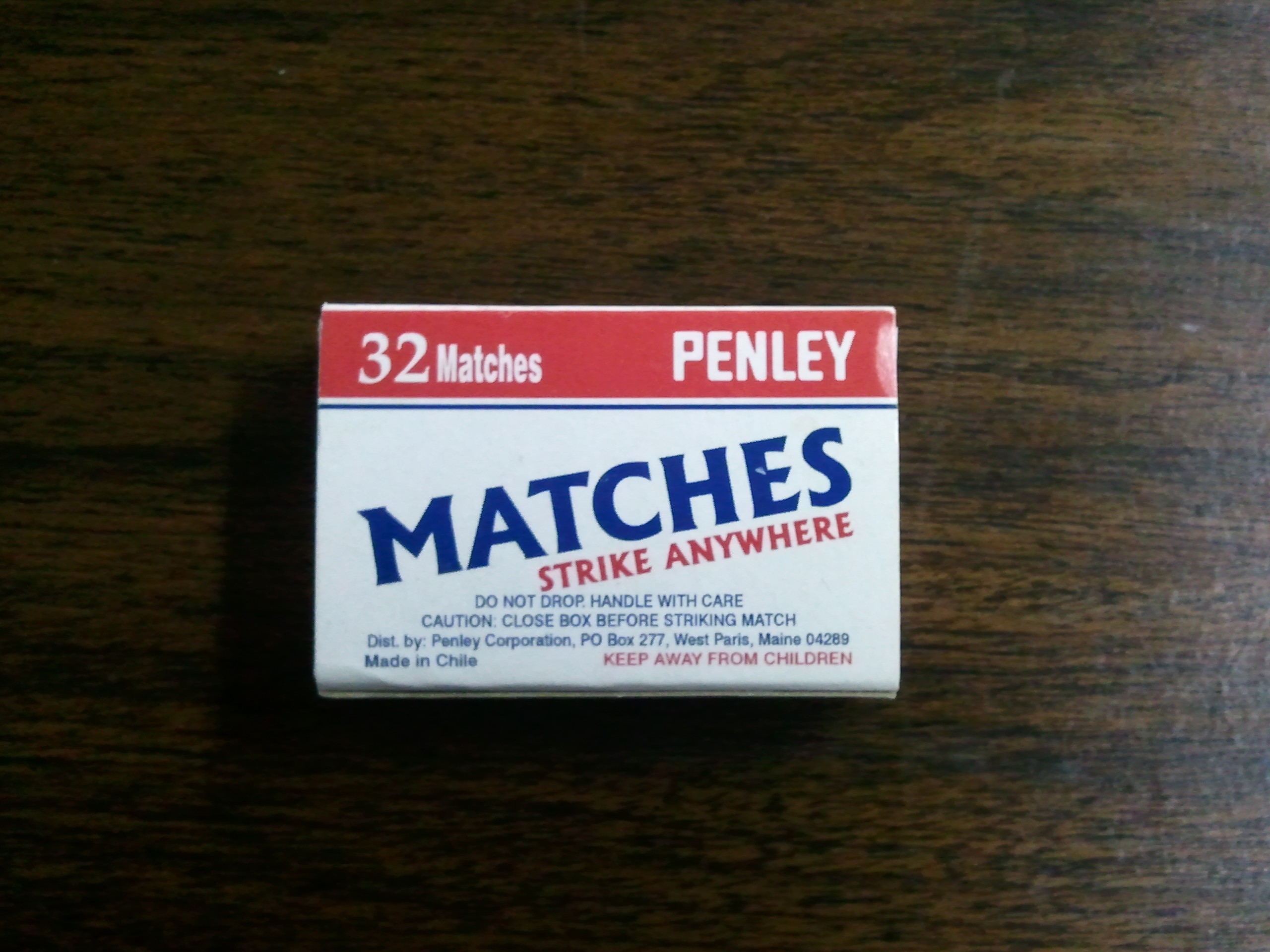What drives you? Are you working for the weekend (like everybody)? Do you run from fears of failure or inadequacy? Does social censure silence you? Are you paralyzed by worry? Does a need to please pull your strings? If you answered yes to any of these, then you are a sinner. In Romans 14:23, Paul declares that whatever is not of faith is sin. Now, you might say, “Wow, that’s a pretty stringent standard.” I’d agree. And yet, it’s not just a standard but a living reality with a definite experience.
I look at Paul’s indictment of most of my default motivation as stringent because I’m mired in a view of Christianity which just peers over the top of the hedonistic flood of our world. I am accustomed to the religiosity and moralism that masquerade as faith in Christ. The false religion that I’ve always taken for granted has given me ample excuses for my rejection of Christ. I’ve not seen any inconsistency in flailing about while elbow deep in “ministry.” I have been much like Peter, Christ’s most enthusiastic sycophant. But how did Peter deny his Lord or fall beneath the waves? Faithlessness will always produce unfaithfulness. The drive to survive will drown us every time.
Though Paul’s standard seems to border on impossible to the American Christian mind, he simply was describing a spiritual truth which could never be otherwise. Faith (implicit trust and loyalty) is the one thing that God requires of us. Through faith our ancient aspiration to supplant our creator reverses and creation begins to renew. In the garden, our native state was faith and to it there was but one alternative. Now, the alternatives have proliferated beyond number and there is but one place to find faith, at the foot of Christ’s cross. There the Son of Man (“adam” in Hebrew) rejected all other options and hung his fate on his God. Having been vindicated, he requires all who are his to accept his brand of faith.
God deserves our implicit trust but he doesn’t require it only for his satisfaction. Galatians 5:6 declares that the only thing that matters is faith working through love. Love is the goal and faith is the means. The eternal Godhead bound by self-giving love has poured out that love upon us inviting us into their fellowship. But we can’t give self without faith. Fear and worry, the antitheses of faith, pull all of my attention onto my own well being. Within that tunnel, the best I can do is damage control. I can feign love if it will advance my situation or forestall negative consequences. Without faith, I succumb to this world’s counterfeit for love, lust. As St. John says, “If anyone loves the world, the love of the Father is not in him.”
I want to ask you as I’ve been asking myself, can you abandon fear and worry? Can you abandon yourself to God’s faithfulness? Can we release back to Satan any version of Christianity that would excuse faithlessness and compensate with outward conformity? Can we confess that we’ve been no better than unbelievers as we’ve lobbied and campaigned against certain behaviors all in response to a fear mongering political machine? What if we did our best at work out of worship to our God rather than aspiration or intimidation? What if we loved our family rather than appeased them? We can. We must. It is the essence of our profession, not some state of super sainthood. To enter the experience of God’s kingdom under Christ, we must repent. That is, we must turn away from our problem solving and pleasure seeking to hang our fate (both immediate and ultimate) on the faithfulness of our Abba Father. Go to the cross and once again be saved from this present evil age by the faith of Christ.

